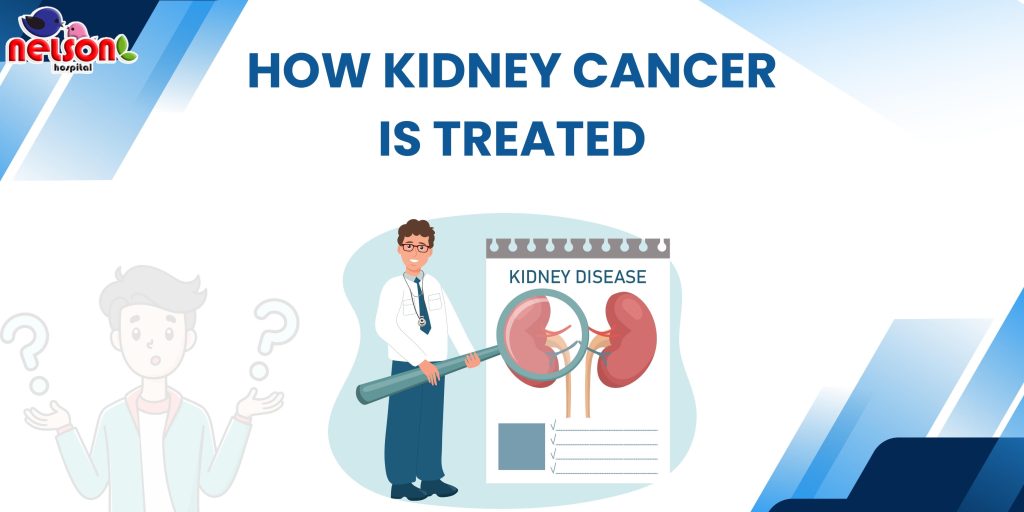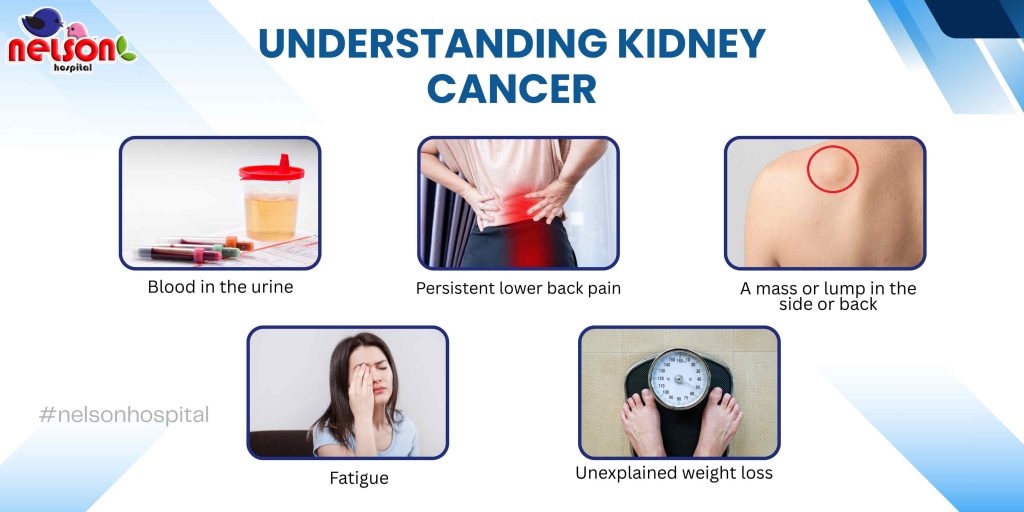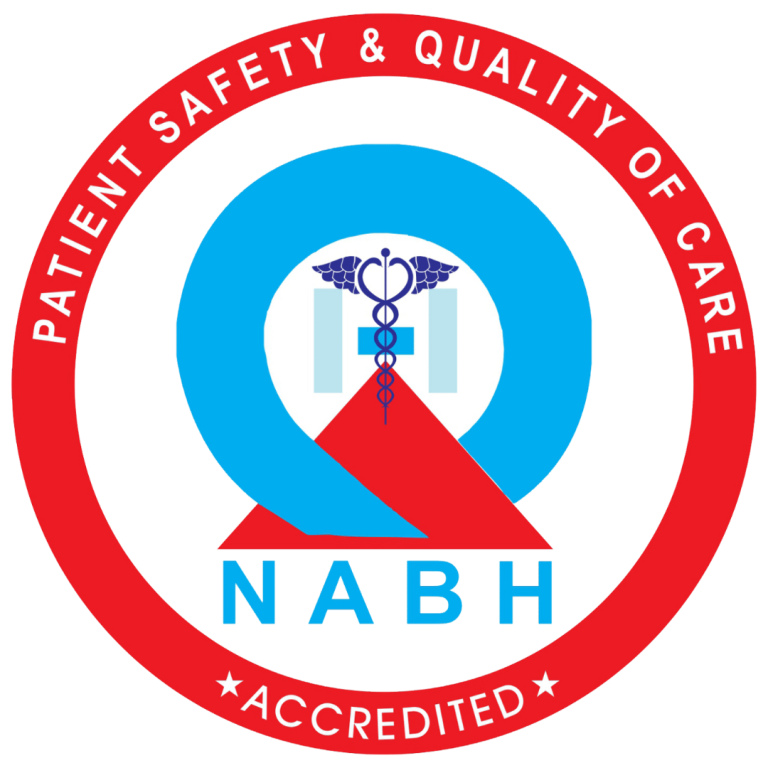
Kidney cancer, also known as renal cancer, is a condition where malignant cells form in the tissues of the kidney. It is one of the top 10 most common cancers in both men and women globally. Early detection and treatment are crucial for a positive prognosis. At Nelson Hospital, we are dedicated to providing cutting-edge kidney cancer treatment options tailored to individual patient needs. In this article, we explore the various treatments available for kidney cancer, including surgery, immunotherapy, and other modern advancements.

Understanding Kidney Cancer
Kidney cancer typically originates in the lining of the tiny tubes in the kidney. The most common type is renal cell carcinoma (RCC), accounting for about 90% of cases. Other forms include transitional cell carcinoma, Wilms tumor (mostly in children), and renal sarcoma.
Some key symptoms of kidney cancer include:
- Blood in the urine
- Persistent lower back pain
- A mass or lump in the side or back
- Fatigue
- Unexplained weight loss
Diagnosis and Staging
Accurate diagnosis is the first step toward effective treatment. At Nelson Hospital, we use advanced imaging techniques like:
- CT Scan and MRI
- Ultrasound
- Biopsy (if required)
Once diagnosed, the cancer is staged from I to IV, depending on its size and spread. Treatment options are chosen based on the stage and overall health of the patient
1. Surgical Treatment Options
a. Partial Nephrectomy
b. Radical Nephrectomy
For early-stage kidney cancer, partial nephrectomy is often recommended. This procedure involves removing only the tumor and a small margin of healthy tissue, preserving most of the kidney function.
In cases where the tumor is large or centrally located, a radical nephrectomy may be necessary. This involves removing the entire kidney along with surrounding tissues, adrenal gland, and nearby lymph nodes if needed.
Both procedures can be performed through laparoscopic (minimally invasive) or robotic-assisted surgery, reducing recovery time and complications.
2. Immunotherapy for Kidney Cancer
Immunotherapy is a revolutionary treatment that boosts the body’s immune system to fight cancer cells. It has become a cornerstone in treating advanced or metastatic kidney cancer.
Common Immunotherapy Drugs Include:
Checkpoint Inhibitors:
Drugs like nivolumab and pembrolizumab help unmask cancer cells so the immune system can
Interleukin-2 (IL-2):
A high-dose immune-boosting agent used in select cases.These therapies can be used alone or in combination with targeted therapies for better outcomes
3. Targeted Therapy
Targeted therapy focuses on specific genes or proteins that fuel the growth of cancer cells. Unlike chemotherapy, which affects both cancerous and healthy cells, targeted therapy aims to minimize damage to healthy tissues.
Examples of Targeted Drugs:
- Sunitinib
- Axitinib
- Cabozantinib
4. Radiation Therapy
Though not a primary treatment for kidney cancer, radiation therapy may be used to:
- Relieve pain caused by metastases
- Control bleeding
- Treat patients who are not surgical candidates
Modern radiation techniques at Nelson Hospital ensure precise targeting, reducing damage to surrounding healthy tissues.
5. Active Surveillance
In some cases, especially for older patients or those with small, slow-growing tumors, active surveillance is advised. This means regular monitoring without immediate treatment, allowing intervention only if the cancer shows signs of progression.
Multidisciplinary Care at Nelson Hospital
At Nelson Hospital, our multidisciplinary team of urologists, oncologists, radiologists, and surgeons collaborate to develop personalized treatment plans. Each case is reviewed carefully to determine the best combination of therapies.
We use the latest in:
- 3D imaging and surgical planning tools
- Robotic surgery platforms
- Post-operative rehabilitation programs
This ensures comprehensive care from diagnosis through recovery.
Post-Treatment Care and Follow-Up
Kidney cancer survivors require ongoing care to monitor for recurrence and manage side effects. At Nelson Hospital, our follow-up program includes:
- Regular imaging tests
- Blood and urine tests
- Lifestyle counseling
- Nutritional support
Our team provides holistic care to help patients regain their quality of life after treatment.
Prevention and Awareness
Though not all kidney cancers are preventable, certain lifestyle changes can lower the risk:
- Stop smoking
- Maintain a healthy weight
- Manage blood pressure
- Stay hydrated
- Avoid long-term use of over-the-counter painkillers without doctor’s advice
Early detection through regular check-ups is key. If you have a family history of kidney disease or cancer, discuss screening options with our urologists.
Conclusion
Kidney cancer treatment has evolved significantly with advancements in surgery, immunotherapy, and targeted therapy. At Nelson Hospital, we combine expertise, technology, and compassionate care to ensure the best outcomes for our patients. If you or a loved one is facing kidney cancer, reach out to us today to explore your treatment options.
Book an Appointment







